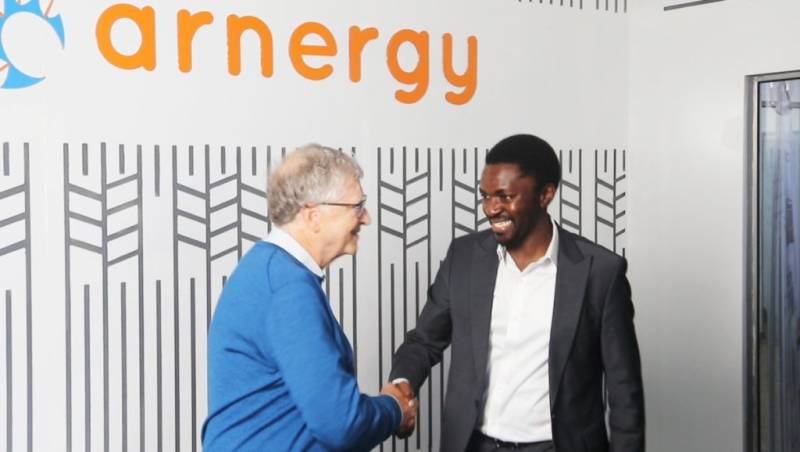Khamis Abakar, the governor of West Darfur, was abducted by RSF forces last week, shortly after they accused the army and their Arab militia of genocide. It was found within a few hours. The killing seems to continue as Al Sadiq Muhammad Ahmed, the commissioner of the Sudanese Humanitarian Aid Commission (HAC) was killed in el-Geneina. Amnesty International said on Monday it was horrified by reports of ethnic killings, sexual violence, burning of houses and the extermination of non-Arab people living in West Darfur by the RSF and members, and said that civilians are in grave danger. . . On the same day, Médecins Sans Frontières (Médecins Sans Frontières, or MSF) called on military personnel in el-Geneina and around el-Geneina to protect civilians and give them a way to escape from the area, shows that thousands of people have fled to neighboring Chad. . Saudi Arabia and the United States, which are proxies between the commanders, established another temporary ceasefire last week that began early Sunday morning and is expected to end early Wednesday morning. But many civil society groups in Sudan say that the RSF and its allied forces are continuing their violence in Darfur in violation of the ceasefire.
Meanwhile, the UN said on Monday that international donors have pledged nearly $1.5 billion in aid for the humanitarian crisis in Sudan, which is less than the $2.57 billion the program requires. During the construction journey of Arnergy, which is a portfolio company of Breakthrough Energy Ventures (BEV), the experts called for collaboration with financiers and collaboration with industry leaders to make energy available renewable energy in Nigeria, mainly due to the removal of fuel subsidies and increases in electricity tariffs. Not realizing that a large number of Nigerians depend on petroleum to provide fuel, Gates said it is a big deal for the new energy market. He also explained that giving money to customers and reducing the cost of the process will be important for scale.
Femi Adeyemo, CEO of Arnergy, introduced the Arnergy 5000 Modular Lithium Battery Energy Storage Systems (BESS) with its energy management hardware and Solarbase software developed by young Nigerian engineers at the company, aged 26 years on average. The technology enables financiers, distribution partners and consumers to rent and pay for energy at a lower cost than current expenditures on diesel and gasoline. Current customers really love the Internet of Things (IoT) monitoring and management of energy systems that enable downtime and energy efficiency advice from anywhere in the world and Android and iOS platforms. He explained that their sustainable and cost-effective technology can provide a good alternative, enabling many small and medium enterprises (SMEs) and companies to change from fuel producers to BESS, protects against the impact of fuel subsidy cuts. For Rotimi Thomas, CEO of SunFi, it's not just about getting the money or the price of the product, but the speed of providing new energy to customers and the confidence that customers have in buying a reliable product and an excellent customer experience provided by Arnergy. According to Adekore, modularization and decentralization of Nigeria's power sector is essential. Tubosun Alake, a former Special Adviser on Innovation and Technology to the Governor of Lagos State, said the centralization of the network in the last two decades has made it impossible to invest. Now that the new electricity law is not being negotiated, there is a great opportunity for renewable energy to grow and play an important role in the development of the country's energy infrastructure.

They also said that the petrol subsidy removal and increase in electricity tariff have opened a new market for the renewable energy sector. “I see a huge energy transition opportunity where distributed solar solutions like Arnergy’s displaces gasoline generators for millions of SMEs in Nigeria given the recent fuel subsidy removal,” Gates said. “Our goal is to ensure that millions of SMEs are provided a platform to transition their businesses seamlessly to clean energy on the back of the petrol subsidy removal,” Adeyemo said. “With the solutions we have developed, SMEs can see 30 to 40% savings monthly compared to petrol expenses.”
“Customers want it now. That speed and the trust that the system won’t break are two important factors for the customers,” he said. Bunmi Adekore, Partner, of Breakthrough Energy said that the macro-economic environment enables the acceleration of renewable energy. “The challenge that needs to be uncovered is to get more commercial banks to participate in financing the customers removing the upfront cost barrier,” she said.
Speaking to Nairametrics, Femi Adeyemo, Founder of Arnergy said that the facility will continue to build systems to ensure better innovation and more affordability even as it is open to partnerships. He said, “We are willing to partner with channel partners, distributors, and new financing partners to ensure that Nigerians can get this product and pay on a monthly basis, and even eventually have it 30 to 40% cheaper than what they would be spending using gasoline generators”.
He explains further, “Bill Gates’s relationship with us is through Breakthrough Energy Ventures (BEV), which is an investment partnership. We are their first investment in Africa, that led a $US9m equity round in 2019”. “Mr. Bill Gates now understands that Africa, especially Nigeria is ready for the commercialization of this solution and is now aware that the petroleum subsidy has created a huge opportunity”, he concludes.




